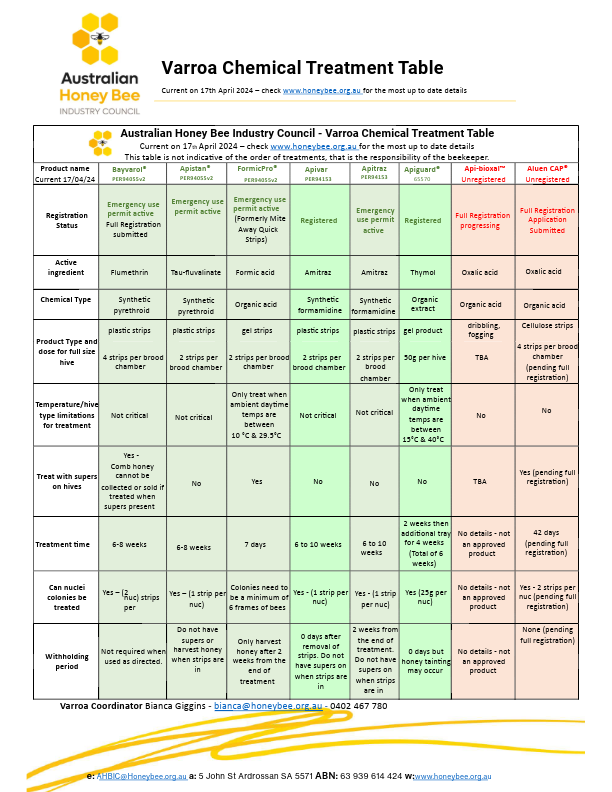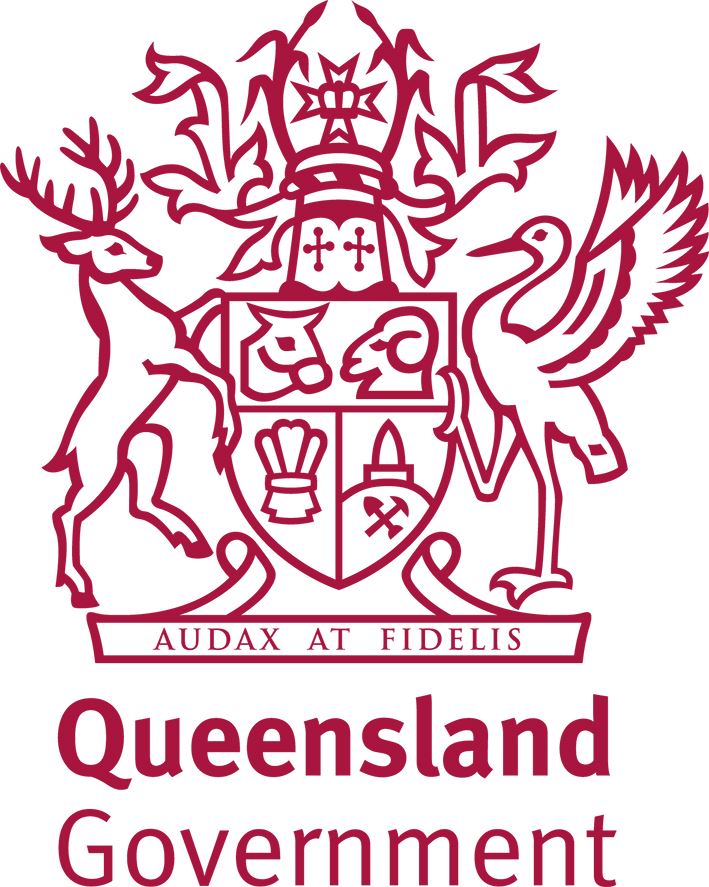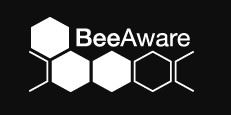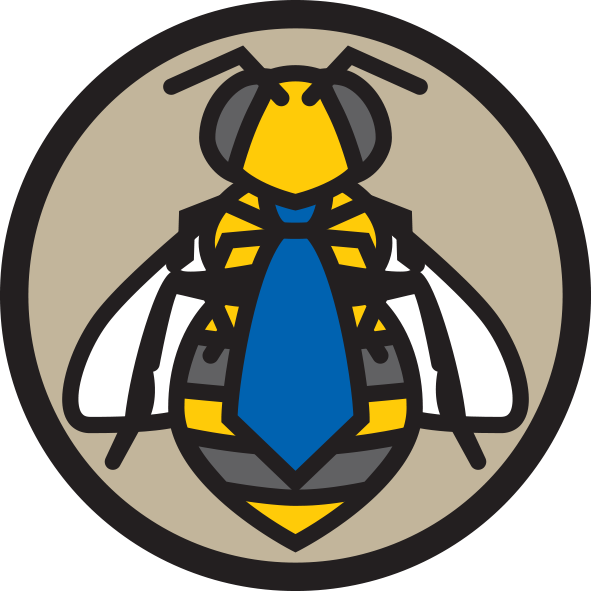|
- QBA Home
- Biosecurity
- QBA Varroa Mite Portal
Welcome to the QBA Varroa mite portal
This portal has been specifically designed as an information portal to support industry during the response to Varroa destructor detected in the Port of Newcastle on the 22nd of June 2022.
Our Admin team will endeavour to publish updates relating to the incursion as frequently as physically possible. QBA members will continue to receive email updates via our dedicated communication channels.
If you are interested in supporting the QBA by becoming a member, please click here to complete your application for membership. Once you have completed your application and settled your membership invoice, you will be automatically added to our members communication list.
To report varroa mite detections in Queensland
Call: Biosecurity Queensland on 13 25 23
Varroa mite is on the march to Queensland
Learn to check your hives and report your testing activities to help us to detect the mite early and support industry through this next chapter of Australian beekeeping.
Transition to Management (T2M) InformationOn the 9th of February 2024, the National Management Group approved the transition to management plan (T2M) for the honey bee and pollination dependent industries. We encourage all beekeepers to learn more about the T2M process in Queensland. Click here to learn more. A detailed summary of the Transition to Management Plan has been released to industry. |
News & Updates
Please use the blog post below to access a time line of all communications relating to the varroa destructor detection and response.
Please click on the logo of the agencies/association below to access latest updates.
Social Media Updates
Varroa mite Educational Videos
What is Varroa mite?
Varroa mite Surveillance & Monitoring Techniques
Monitoring for Varroa Explained
Integrated Pest Management (IPM) Explained
Useful Resources for Additional Information
Educational Information for all Beekeepers









